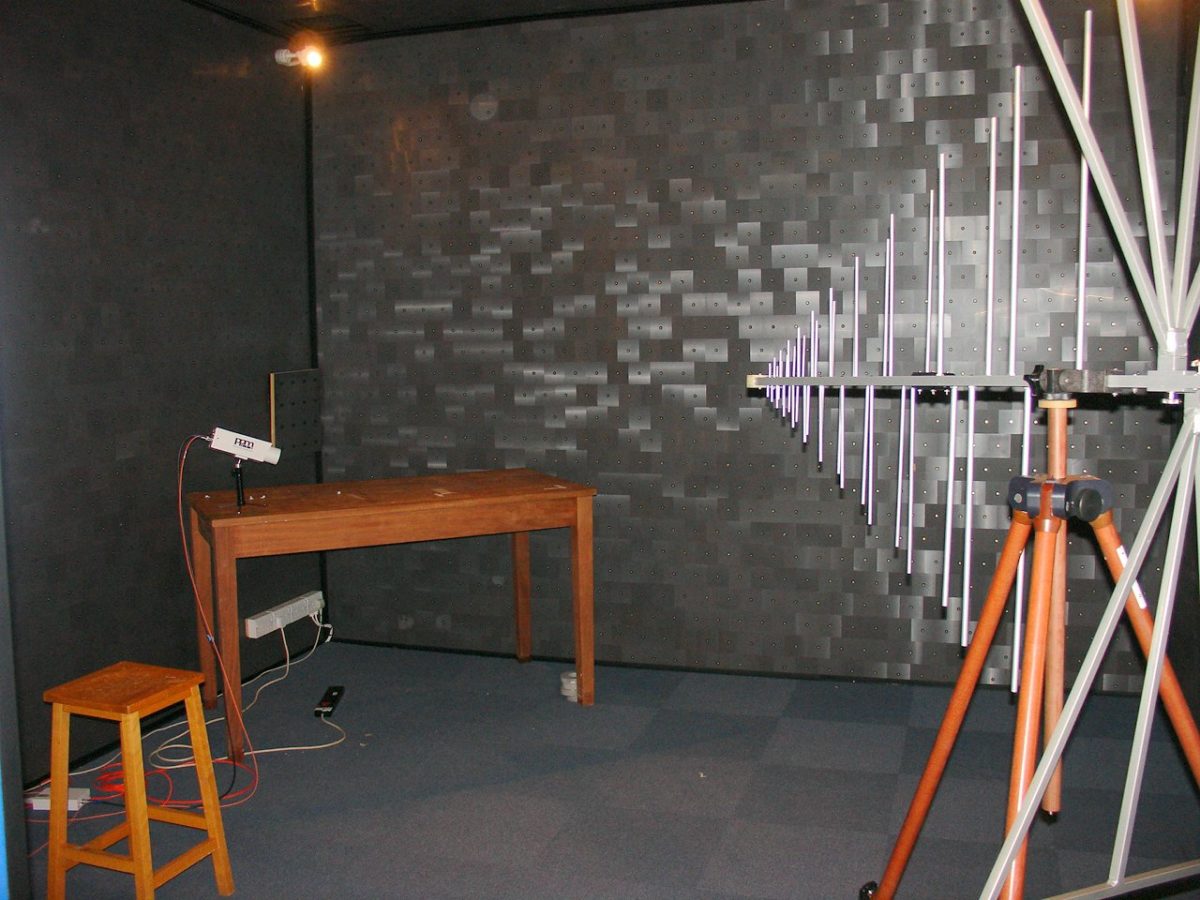Dutch regulator warns of EMC issues, hacking risks for solar inverters
Most solar inverters in the Netherlands fail electromagnetic compatibility (EMC) requirements, posing interference risks and raising the threat of hacking, says the National Inspectorate for Digital Infrastructure (RDI).

Anechoic radio frequency chamber for EMC testing
Image:
Stan Zurek, Wikimedia Commons
RDI published a report this week stating that most solar inverters in the country do not meet its EMC requirements. Solar inverters in the Netherlands pose risks of interference and hacking, it warned.
RDI’s investigation reveals non-compliance of inverters from nine manufacturers, posing risks of interference and hacking. While all inverters meet minimum cybersecurity standards, they could be easily hacked and used for distributed denial-of-service (DDoS) attacks, said RDI.
Inverter manufacturers have a legal obligation to prevent the sale of disruptive products. Malfunctions related to electromagnetic compatibility have significantly increased in recent years, likely due to the growing number of PV installations, with 113 reports between 2020 and 2022, said RDI.
The Swedish Electrical Safety Agency conducted a similar investigation in 2021.
